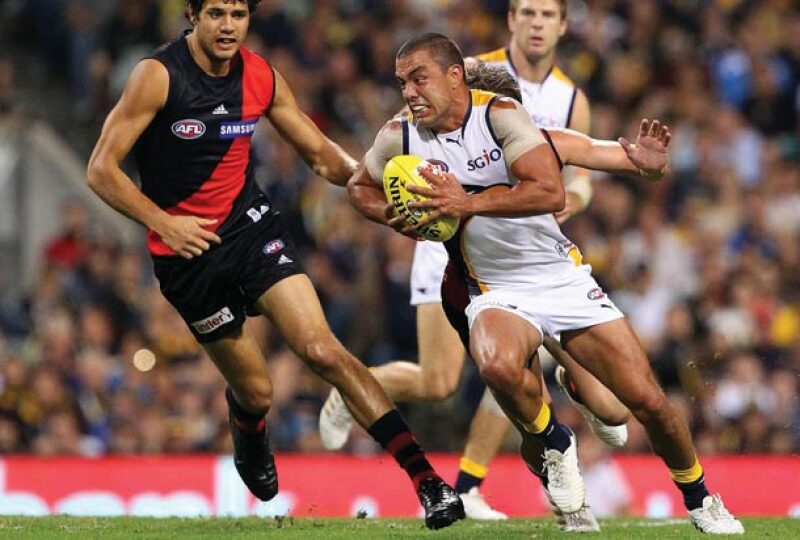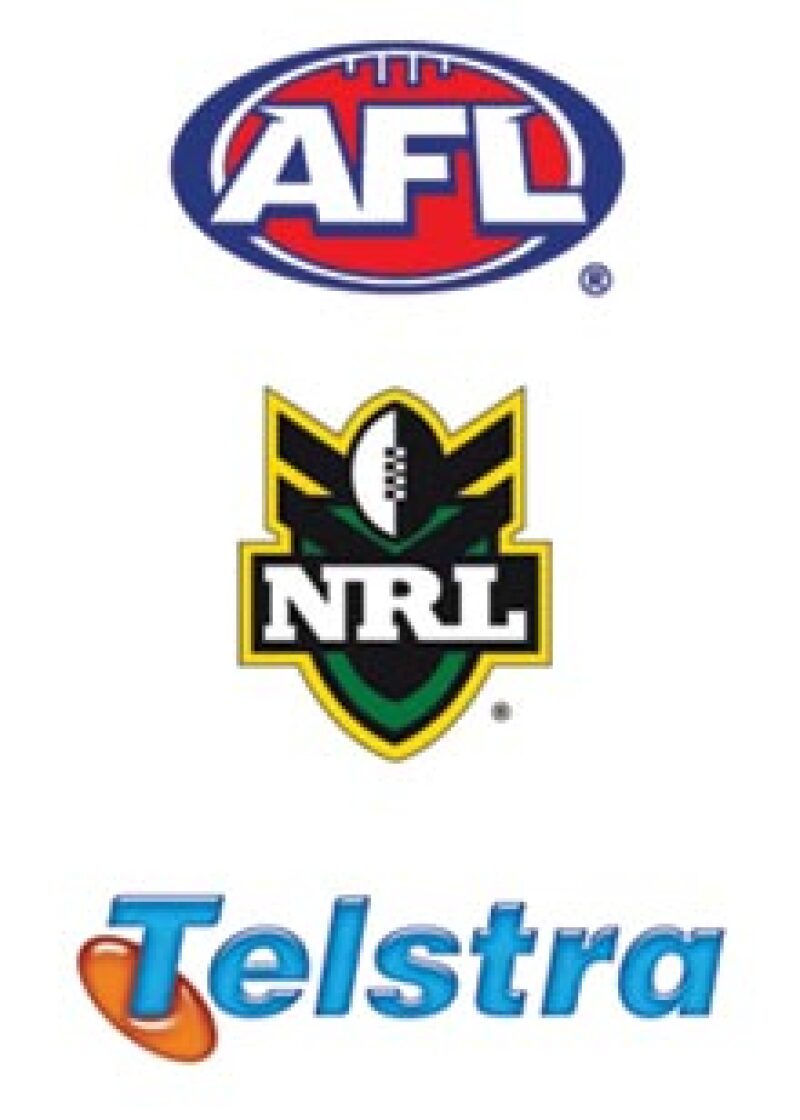
The result
Optus’s TV streaming service shut down
The impact
Programming copyright is protected, but this is just one form of technology
Content providers have been fighting a running battle with new technologies such as cloud servers and streaming services in recent years. While consumers see these technologies as great new ways to access content, rights holders have long argued that the technologies infringe their copyright. The Optus decision in Australia earlier this year laid out these competing interests.
In April, the Full Federal Court found that Optus's TV Now service, which streamed over-the-air television to customers' mobiles, infringed the Australian Football League and National Rugby League's copyrights.

The TV Now service allowed subscribers to select television programmes to record from over-the-air broadcasts, with the recordings made on Optus-controlled servers. The recorded programmes could then be streamed to the user's devices, such as cell phones and computers, with as little as a two-minute delay from the live broadcast.
The AFL and the NRL, along with telecoms company Telstra, sued Optus. Telstra owned the exclusive internet broadcast rights from the AFL and NRL. The plaintiffs argued that Optus made infringing copies of their copyrighted works and distributed them to viewers, while Optus took the position that it merely provided a service for users to make their own copies, and that the copies were legal under Section 111 of the Copyright Act that allows for private copies for later use.
The court rejected Optus's argument in what Michael Williams of Gilbert + Tobin described as an "orthodox" understanding of Section 111. "The court carefully analysed the underlying purpose of the provision and found that there was nothing to suggest that it was intended to cover commercial copying services provided to individuals," said Williams.
Peter Banki at Banki Haddock Fiora agreed, noting that Optus's argument would allow companies to rebroadcast competitors' works over the internet without paying any licence fees.
Optus applied for leave to appeal to the High Court, but the court denied the application. Shortly after, Optus announced that it will shut down the TV Now service.
While the decision was welcomed it was also seen, along with the AFACT v iiNet decision earlier in the year, as a refusal by the courts to expand provisions in the Copyright Act and an implicit request for the legislature to take up the issue.
Furthermore, the Optus decision highlights the struggles of rights holders with changing content consumption patterns. The increasing popularity of new services such as cloud-based storage that allow for immediate access have changed the expectations of viewers, and the law has often struggled to account for these new technologies. Cases such as the Cartoon Network decision in the United States and the Nagano Shoten case in Japan also dealt with similar cloud-based streaming services, emphasising the worldwide popularity of these services.
Some rights holders are attempting to account for new consumer expectations. Speaking on a panel in Hong Kong about internet piracy of TV content, Louis Boswell of AETN All Asia Networks said that while piracy is a serious problem, the reality is that viewers demand convenience and easy access, and illicit services are the only ones that fill this need right now.
"We are at this exciting time of convergence, and consumers want to access content anytime and anywhere," he said.
Case details |
| Optus v AFL, NRL, Telstra Technology: Near live streaming of television programmes Court: Full Federal Court of Australia Copyright holders: Australian Football League, National Rugby League, Telstra Defendant: Optus SingTel Case number: FCAFC 59 For copyright holders: Kennedys; King & Wood Mallesons For defendant: Baker & McKenzie |
This case was selected as one of Managing IP’s Cases of the Year for 2012.
To see the rest, click on one of the cases below.
The 10 cases of the year
A fillip for the EU pharmaceutical sector
Relief for trade mark owners in red sole saga
Australian TV streaming service held to be illegal
Smartphone war hits front page in the US
Liberalising the EU’s software market
Victory for fair dealing in Canada
Lacoste loses its trade mark in China
Google prevails in Android attack
EU test case clarifies class headings
Ten you might have missed
Canada: Ambiguous claims can invalidate patents
Russia: Certainty on parallel imports
Italy: TV formats win copyright for the first time
First FRAND cases litigated worldwide
Data exclusivity backed by Mexican courts
China: A shift over OEM manufacturing
Authors in the US able to reclaim joint copyrights










